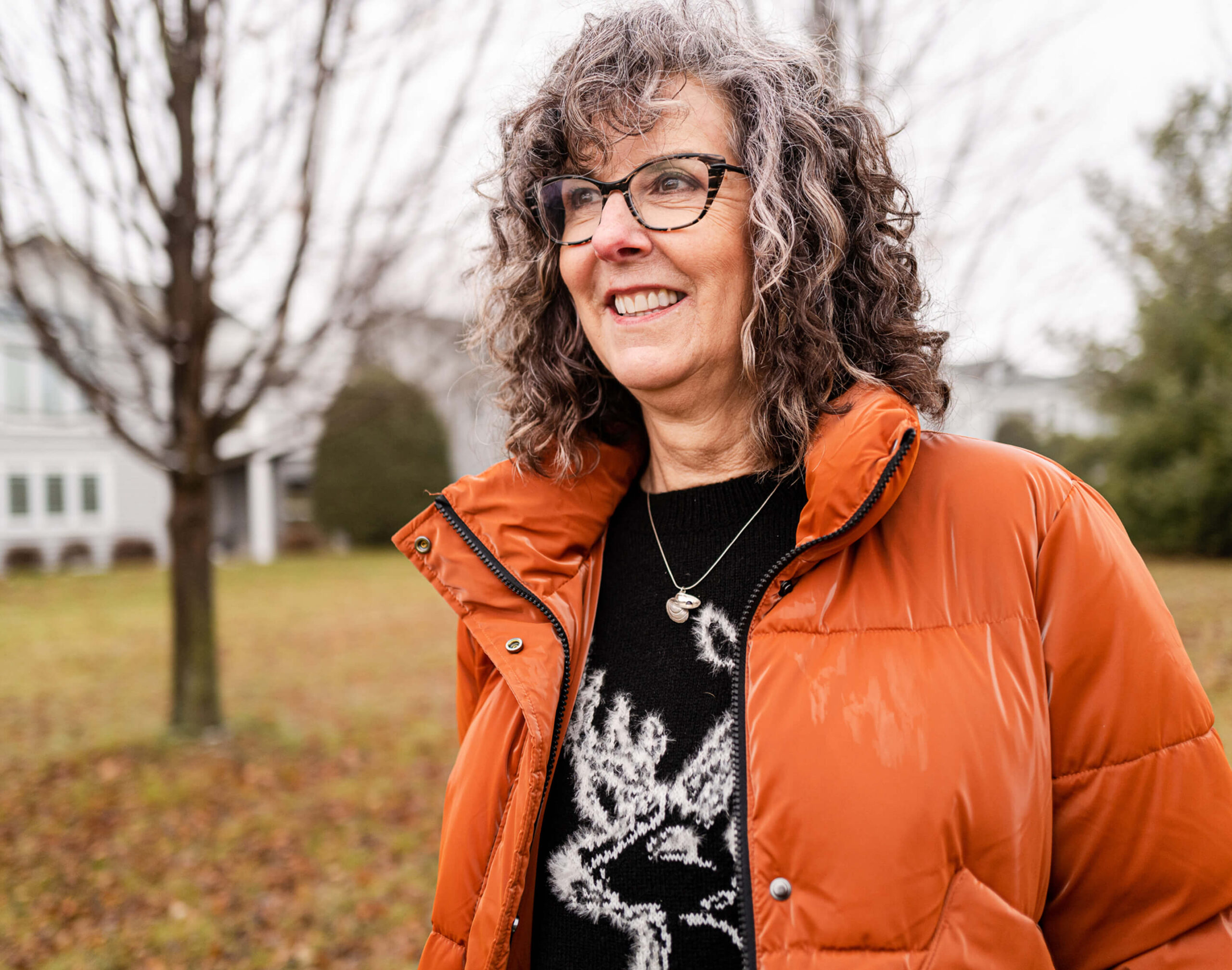

Over 1.9 million* patients have trusted the Oncotype DX Breast Recurrence Score test to help guide their treatment plan. Of these patients, 1.5 million† learned that they may be able to safely forgo chemotherapy.1-5
The More You Ask
The More You know
How might my tumor respond?

It’s personal.
Uses your unique tumor tissue.
What is my risk of recurrence?

It’s insightful.
Your results help you understand how likely cancer will return somewhere else in your body.5-8
Might I benefit from chemotherapy?

It’s proven.
Your personalized Recurrence Score® result can help you be more confident in your treatment plan.1-5
Take control of your treatment today!
Have a conversation with your doctor about how the Oncotype DX® test may offer you valuable insights to help guide your treatment decisions.
How does the Oncotype DX test work?
After your biopsy or surgery, your doctor will send a sample of your tumor tissue to the lab. It usually takes about two weeks for the lab to process the sample and send back your personalized results.
Learn more about the test or get materials in additional languages.

Patient Testimonials
When my score came back with moderate risk—not low—I knew I would choose to do the chemotherapy. It was the piece of information I needed to make a really hard choice, and it reassured me that I’d made the right decision.
Kara K.
Breast Cancer Survivor, ODX Patient Ambassador
Recurrence Score® result: 29
Paik S, Tang G, Shak S, et al. Gene expression and benefit of chemotherapy in women with node-negative, estrogen receptor-positive breast cancer. J Clin Oncol. 2006;24(23):3726-3734.
Albain KS, Barlow WE, Shak S, et al. Prognostic and predictive value of the 21-gene recurrence score assay in postmenopausal women with node-positive, estrogen-receptor-positive breast cancer on chemotherapy: a retrospective analysis of a randomised trial. Lancet Oncol. 2010;11(1):55-65.
Kalinsky K, Barlow WE, Gralow JR, et al. 21-gene assay to inform chemotherapy benefit in node-positive breast cancer. N Engl J Med. 2021;385(25):2336-2347.
Kalinsky K, et al. Updated results from a phase 3 randomized clinical trial in participants (pts) with 1-3 positive lymph nodes, hormone receptor-positive (HR+) and HER2-negative breast cancer with recurrence score of 25 or less: SWOG S1007. Presented at SABCS, Dec. 2021; Abstract GS2-07.
Sparano JA, Crager M, Gray RJ, et al. Clinical and genomic risk for late breast cancer recurrence and survival. NEJM Evid. 2024;3(8):EVIDoa2300267.
Paik S, Shak S, Tang G, et al. A multigene assay to predict recurrence of tamoxifen-treated, node-negative breast cancer. N Engl J Med. 2004;351(27):2817-2826.
Dowsett M, Cuzick J, Wale C, et al. Prediction of risk of distant recurrence using the 21-gene recurrence score in node-negative and node-positive postmenopausal patients with breast cancer treated with anastrozole or tamoxifen: a TransATAC study. J Clin Oncol. 2010;28(11):1829-1834.
Sparano JA, Gray RJ, Makower DF, et al. Adjuvant chemotherapy guided by a 21-gene expression assay in breast cancer. N Engl J Med. 2018;379(2):111-121
* Data on file as of July 9, 2025, at Genomic Health, Inc.
† This estimate was calculated using the total global lifetime volume of patients that had an Absolute Chemotherapy Benefit result of <1% using the Oncotype DX Breast Recurrence Score test, as this value is defined for each nodal and menopausal (or assumed by age) status. Data on file as of July 9, 2025, at Genomic Health, Inc.






